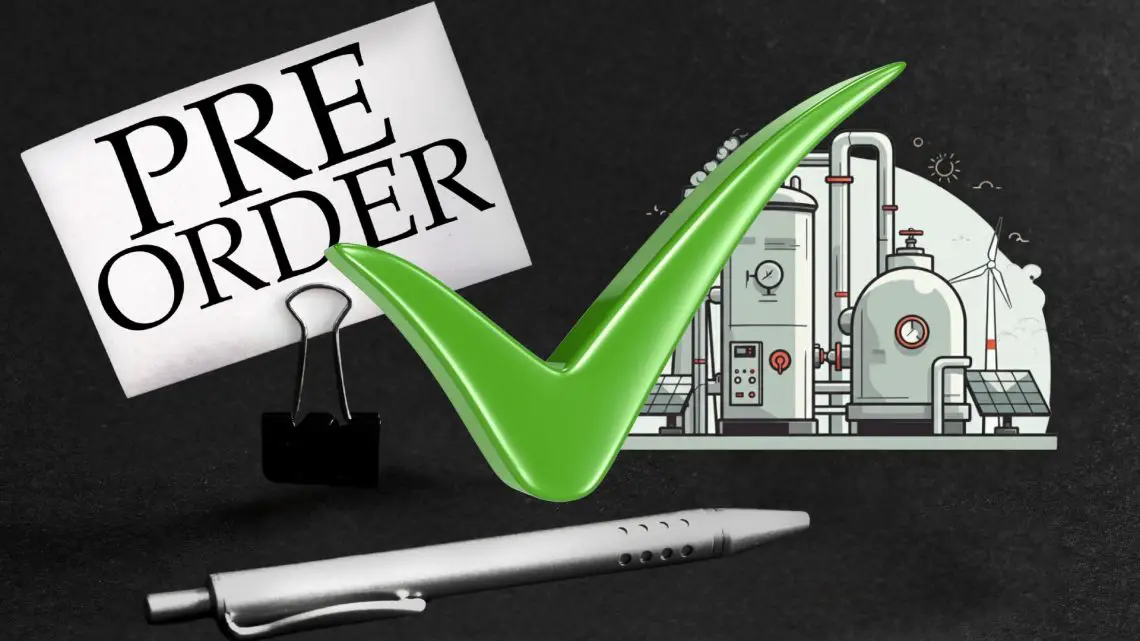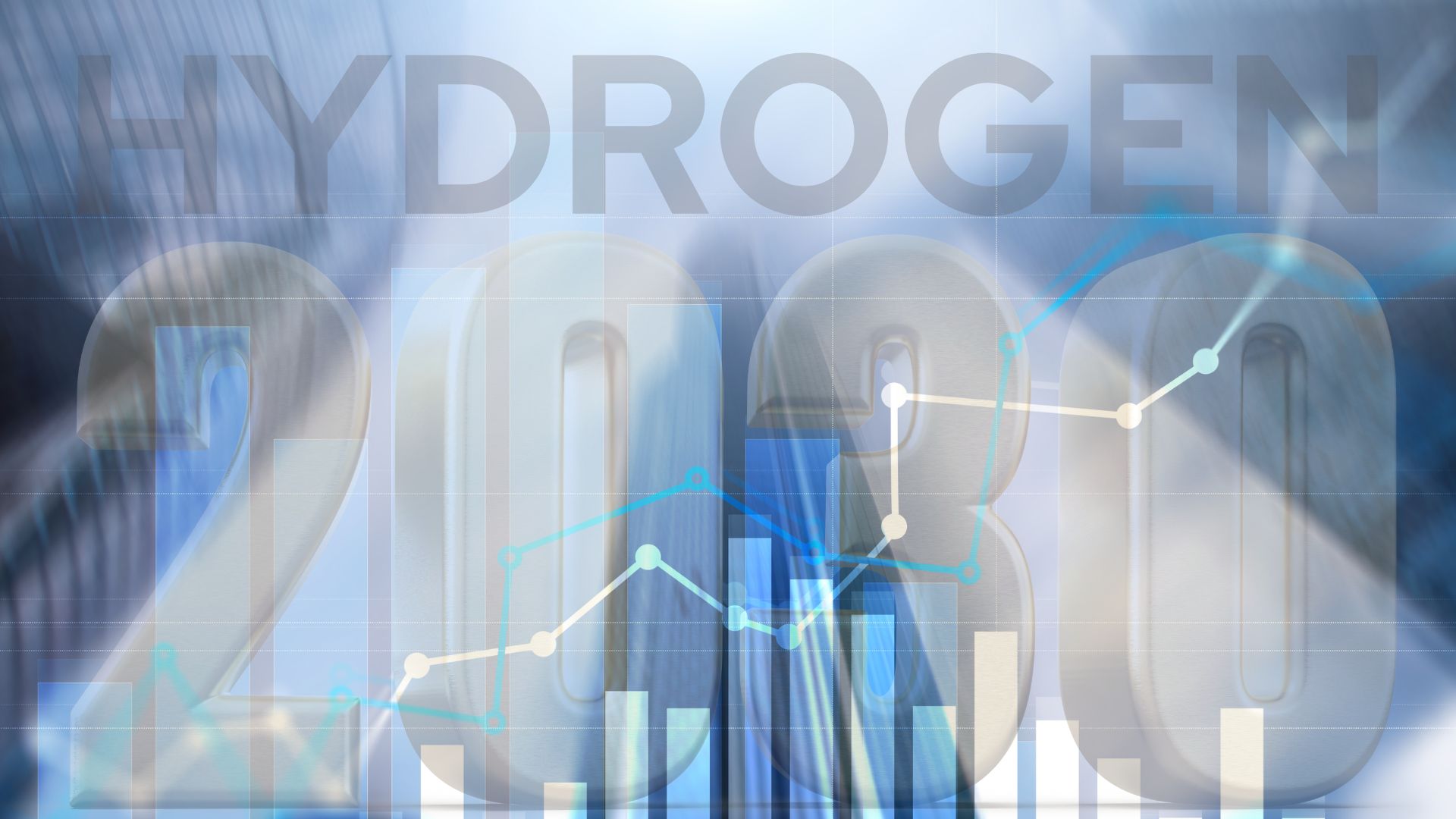
What Bosch’s 100MW Electrolyser Pre-Orders Mean for Clean Energy’s Future
March 27, 2025Bosch’s Bold Hydrogen Move: Pre-Orders for 100MW Hybrion Electrolyser Stack Spark Industry Buzz
Bosch has made waves in the hydrogen sector by securing pre-orders for 100MW of its Hybrion PEM electrolyser stacks, even before the official product launch in April. For a company with its sights set on achieving billions in hydrogen-related revenue by 2030, this is a strong opening act. But what does this development mean for Bosch, the hydrogen market, and the future of this promising clean energy sector?
Hybrion Electrolysers at the Center Stage
Bosch’s new Hybrion electrolyser stacks are designed with Proton Exchange Membrane (PEM) technology, favored for its efficiency and adaptability in green hydrogen production. With a power output of 1.25MW per stack, the devices are aimed at industrial players such as Neuman & Esser, AKA Energy Systems, and Andrit. Beyond the significant pre-orders, the tech will first be tested at Bosch’s Bamberg plant in Germany, where it will power real-world endurance trials by integrating with fuel cells. This not only reflects Bosch’s confidence in the Hybrion stacks but also showcases their ambition to fine-tune functionality for market readiness.
By focusing on PEM technology, Bosch underscores its strategic shift away from certain other hydrogen research projects. For example, the company recently pulled the plug on a planned hydrogen fuel cell production line in South Carolina and shelved its solid oxide fuel cell (SOFC) development, citing limited policy support in Europe for hydrogen-to-power solutions. These decisions, though controversial, funnel resources into what Bosch sees as the most commercially viable hydrogen innovations.
A Step Toward Bosch’s Billion-Euro Bet
Bosch’s hydrogen playbook is clear. The company expects hydrogen sales revenues to hit the billions by 2030, aligning with its projection that the global hydrogen economy could reach €5 billion annually within the same time frame. This pre-order success story indicates robust market demand and confidence in Bosch’s approach. But hitting that ambitious target will require more than just selling Hybrion stacks. It will necessitate scaling production, expanding partnerships, and navigating an increasingly crowded competitive landscape.
Implications for the Global Hydrogen Market
The timing of Bosch’s push into the hydrogen space feels deliberate. Global demand for hydrogen is accelerating, fueled by decarbonization goals across industries like transportation, heavy manufacturing, and energy. The European Union, for instance, has poured billions into its hydrogen strategy, aiming to produce 10 million tons of renewable hydrogen annually by 2030.
Bosch’s proactive approach supports this wider momentum. By securing pre-orders before launch, they’re setting benchmarks for speed and adoption in a market many are only beginning to explore. Their pivot away from the US market, however, is indicative of a broader challenge. Hydrogen still faces a patchwork of regional policies and incentives, which can complicate business strategies for even the most ambitious players.
Technological Advancements and Competition
The PEM electrolysis market is set to heat up, with companies like Plug Power, Siemens Energy, and ITM Power pitching their own solutions. Bosch’s edge might lie in its legacy of precision engineering and ability to scale production efficiently. Still, the competition will force continued innovation if Bosch wants to maintain its head start.
Additionally, Bosch’s collaboration with partners to develop containerized 2.5MW systems underscores the importance of modularity and integration. The ability to tailor hydrogen systems to specific needs will be critical for market success.
Challenges in Scaling Hydrogen Solutions
While Bosch’s pre-orders are a reason for optimism, scaling electrolyser production isn’t without its headaches. Supply chain constraints, costs of critical materials like platinum for PEM technology, and manufacturing bottlenecks could all pose hurdles. Bosch’s decision to start production at its Bamberg facility in Germany reflects a calculated approach to mitigate some of these challenges, but it’s unlikely to be smooth sailing.
There’s also the question of market readiness. Countries and industries that adopt hydrogen will need infrastructure upgrades, including pipelines, storage solutions, and grid integrations. Bosch must read these market signals carefully, ensuring their tech isn’t just groundbreaking but also practical and deployable on a wide scale.
Environmental Benefits Drive Value Proposition
Bosch’s Hybrion stacks will contribute to the production of green hydrogen, created with renewable energy sources. This positions the technology as a vital tool for industries looking to hit net-zero commitments, particularly sectors like aviation, shipping, and steelmaking, where direct electrification isn’t feasible.
Even a small green hydrogen project can have a large impact. For example, just two inches of flooding can cause $25,000 in damages—but preventing climate extremes that exacerbate such events requires a multi-pronged approach, including a robust hydrogen economy.
Looking Ahead
The 100MW pre-orders are Bosch’s early proof point in an audacious hydrogen strategy that will no doubt influence industry trends, reshape competition, and push technological boundaries. However, the hard work is only beginning. Successfully scaling Hybrion electrolyser production, navigating regional policy landscapes, and staying ahead of rival innovations will be critical.
Despite challenges, one thing is clear: Bosch has signaled its commitment to playing a leadership role in the global hydrogen economy. Whether they can hit their ambitious revenue goals remains to be seen, but their bet on PEM electrolysis technology places them firmly on the map as a major contender. For a market built on the promise of a cleaner future, that’s a development worth watching.



 With over 15 years of reporting hydrogen news, we are your premier source for the latest updates and insights in hydrogen and renewable energy.
With over 15 years of reporting hydrogen news, we are your premier source for the latest updates and insights in hydrogen and renewable energy.